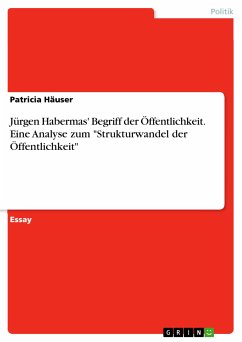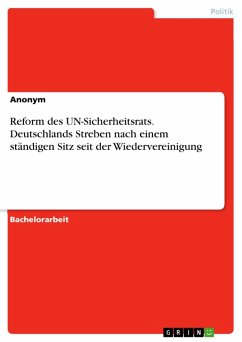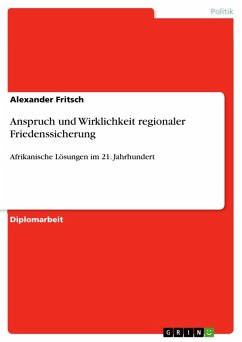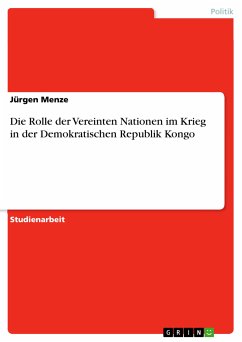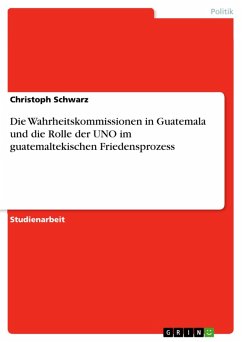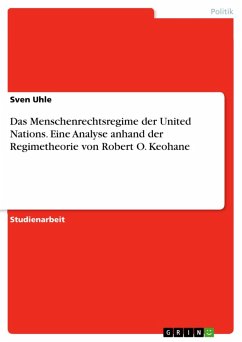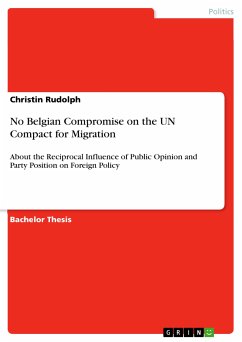
No Belgian Compromise on the UN Compact for Migration (eBook, PDF)
About the Reciprocal Influence of Public Opinion and Party Position on Foreign Policy
Sofort per Download lieferbar
Statt: 17,95 €**
15,99 €
inkl. MwSt. und vom Verlag festgesetzt.
**Preis der gedruckten Ausgabe (Broschiertes Buch)
Weitere Ausgaben:

PAYBACK Punkte
0 °P sammeln!
Bachelor Thesis from the year 2019 in the subject Politics - Other International Politics Topics, grade: 2,3, University of Mannheim, language: English, abstract: Foreign policy is usually characterized by low-salience issues citizens know little about. This has important societal implications for democratic control (Endres et al. 2015). Can public opinion on such topics therefore influence elite positions? In December 2018, several countries experienced unexpected domestic tensions because of something which usually gets not much attention - the signing of a UN agreement. In Belgium, the deba...
Bachelor Thesis from the year 2019 in the subject Politics - Other International Politics Topics, grade: 2,3, University of Mannheim, language: English, abstract: Foreign policy is usually characterized by low-salience issues citizens know little about. This has important societal implications for democratic control (Endres et al. 2015). Can public opinion on such topics therefore influence elite positions? In December 2018, several countries experienced unexpected domestic tensions because of something which usually gets not much attention - the signing of a UN agreement. In Belgium, the debate around whether or not to sign the UN Global Compact for Safe, Orderly and Regular Migration (called "the Compact" here) evolved into a crisis resulting in the collapse of the government (United Nation General Assembly 2019; Lobel 2018a). What led the largest Belgian government party change its position to reject the Compact and discontinue its membership in the Belgian government? I investigate this outlier case using literature on the impact of public opinion on foreign policy and party influence on public opinion. By doing that, I examine what role the top-down influence played compared to bottom-up influence. I argue that only if an issue is salient, a party will try to represent the position of voters while citizens receive cues from the party in order to inform and persuade them. To answer the research question, I analyze both the top-down and the bottom-up process as well as what tactics and tools were used. In the conclusion I point out findings, limitations and the generalizability of this work.
Dieser Download kann aus rechtlichen Gründen nur mit Rechnungsadresse in A, B, BG, CY, CZ, D, DK, EW, E, FIN, F, GR, HR, H, IRL, I, LT, L, LR, M, NL, PL, P, R, S, SLO, SK ausgeliefert werden.




